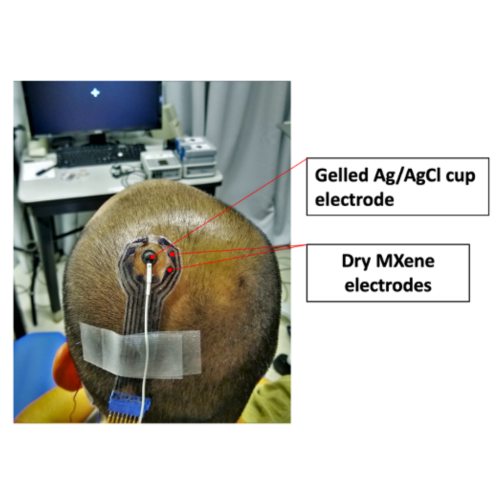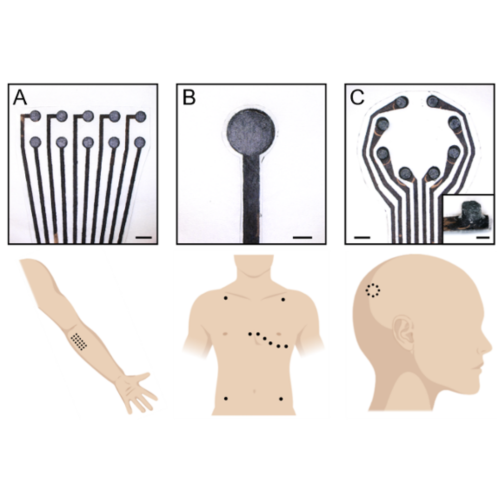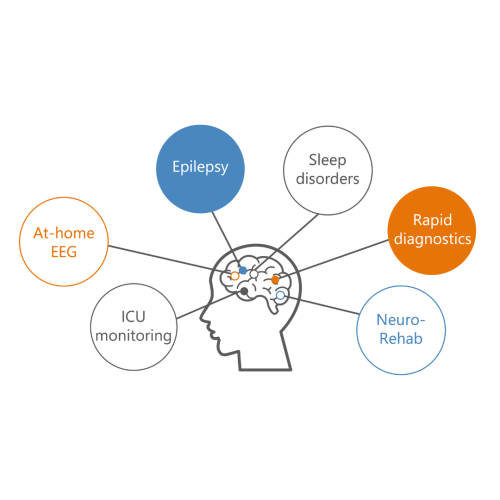MXtrodesBack to Projects
Unmet Clinical Need
Epilepsy affects more than 5 million people in the US and 30% of them are completely refractory to medications. Their seizures are untreatable, uncontrollable. The only hope for these patients is to implant some electrodes in their brain, locate where seizures originate (or seizure onset zone) and then surgically remove it. Unfortunately, brain electrodes usually fail to precisely identify the area to resect and, as a result, only 16,000 people can be operated on. Even more strikingly, only half of them will eventually become free from seizures. The current standard of care involves metal gelled electrodes that require skilled personnel, are uncomfortable/irritating to wear, and are time-consuming to set up or remove.
Proposed Healthcare Solution
High-resolution, low-cost, gel-free electrodes for precise brain monitoring and diagnostics
Development Stage
Proof of Concept
Funding Cycle
2019-2020
Team
Flavia Vitale, PhD
Nicolette Driscoll, PhD
Kathryn Davis, MD
For more information on this technology, please contact Penn Center for Innovation at pciinfo@pci.upenn.edu.


